In a recent session, a couple sat across from me, caught in that familiar loop so many of us know too well. He was frustrated, saying, “I am listening. You’ve said this a hundred times.” She shot back, “No, you’re not hearing me.” The air between them was thick with misunderstanding.
They were both technically right. He was listening. I mean, he could repeat her words back almost exactly. But what she longed for was to be heard.
Listening is about taking in words. Hearing is about taking in meaning.
When we listen, we often stay in our heads. We track the logic, prepare our response, or look for where the story doesn’t line up. It’s the part of us that wants to be right or to solve things quickly. Listening, in that sense, keeps us on the surface.
Hearing asks for something different. It asks us to set aside our agenda, even for a moment, and lean into curiosity. It’s not about agreement or fixing—it’s about presence. When someone says, “You’re not hearing me,” they’re really saying, “You’re not with me in this.”
In that session, I asked him to pause. To take a breath. Then I invited him to reflect back what he thought she might be feeling, not just what she said. His first attempt was close but didn’t land. She shook her head. He tried again, this time slower: “You’re scared I’ll forget how much this matters to you.” Her eyes softened. The tension in her shoulders eased. That moment, the space between words, was where hearing finally happened.
When things are hard, it’s not easy to hear each other. Our nervous systems get loud. Our own pain wants attention too. We start reacting instead of receiving. But hearing begins when we pause long enough to notice what’s happening inside us before we speak.
It might sound simple, but it’s powerful.
You can try it the next time you feel yourself getting defensive or misunderstood. Take a slow breath. Remind yourself you don’t have to fix or prove anything right now. Then get curious: what might this person be feeling underneath their words? Fear, hurt, longing, disappointment? Try naming it softly and reflecting it back.
“I can hear that this feels really painful for you.”
“It sounds like you feel shut out.”
“I can tell this matters deeply.”
When we meet someone at the level of their emotion, not their argument, something begins to shift. The walls lower. The other person starts to breathe again. You can feel connection quietly return, even if the problem isn’t solved yet.
Over time, this practice changes relationships. I’ve seen couples go from talking at each other to really talking with each other. They begin to trust that they can bring hard things to the table and still be safe. Hearing becomes less about being perfect and more about being available—steady, kind, human.
Because in the end, most of us don’t need perfect words. We just need to feel known.











